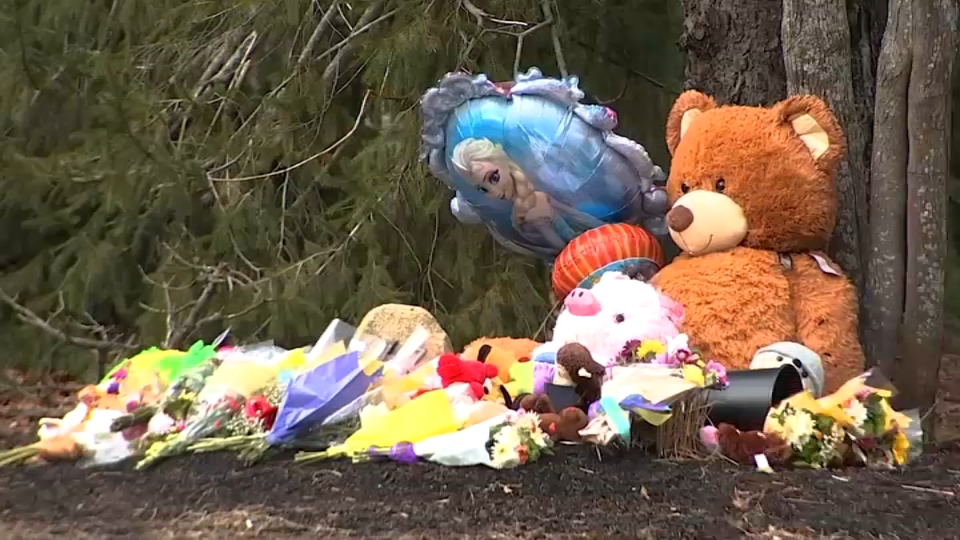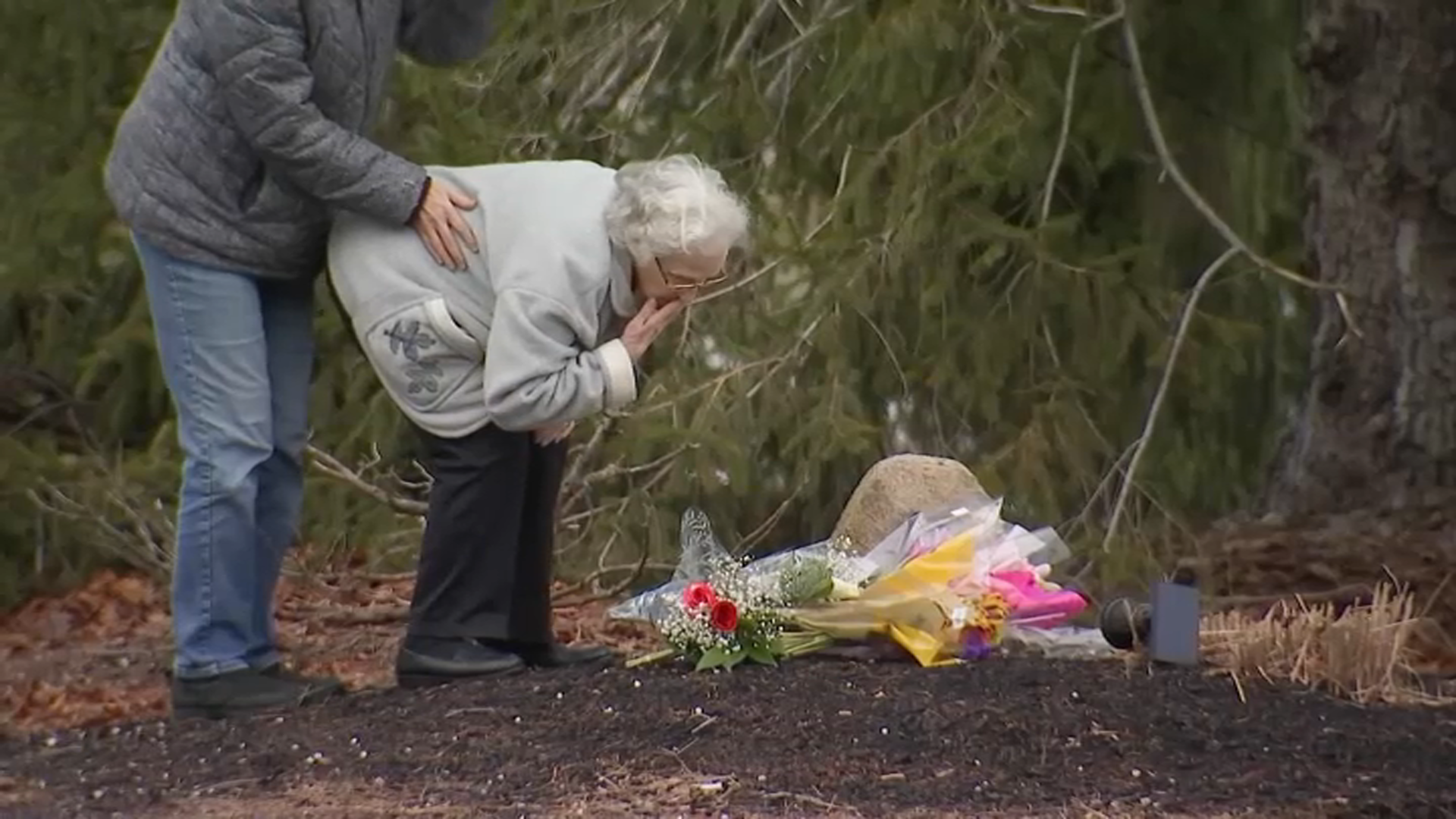The tragedy in Duxbury, Massachusetts, has left many wondering what could possibly drive a mother to kill her children.
Lindsay Clancy is accused of strangling her three children, leaving two dead and one injured, before attempting suicide Tuesday. She is charged with two counts of homicide, three counts of strangulation and three counts of assault and battery with a dangerous weapon. She remains in police custody after being hospitalized.
If you or someone you know is in crisis, call or text 988 to reach the Suicide and Crisis Lifeline or chat live at 988lifeline.org. You can also visit SpeakingOfSuicide.com/resources for additional support.
Sources tell NBC10 Boston Clancy was living with postpartum depression. Authorities have not said whether they're looking at that as a factor in her alleged crimes, but the tragedy has many speaking about a topic advocates say is not discussed nearly enough.
Get Boston local news, weather forecasts, lifestyle and entertainment stories to your inbox. Sign up for NBC Boston’s newsletters.
"I can feel what the family is going through," said Heather Martin, a maternal mental health advocate.
Martin, who also works as a medical assistant in pediatrics at Dartmouth Health Children's, lost her older sister in 2009. Martin said her sister ended her life just three weeks after giving birth to her first child, something the family later realized was the result of postpartum psychosis.
"It is a rare condition. It is a break from reality. I truly believe my sister was not in her right mind when she ended her life," Martin said.
Martin has made it her mission to increase screenings and trainings for maternal mental health conditions, which affect one in five women.
"I think if we have specialized trained providers and places for mothers to go, I wouldn't have lost my sister," Martin said.
Serena Rosa is trying to help, too. She launched The Postpartum Doctor to provide the support that she says is missing from the medical system.
"What we're seeing is an extreme example that is also a red flag saying that there are many people who are suffering," Rosa said.
Jamie Zahlaway Belsito founded the Maternal Mental Health Leadership Alliance. The nonprofit is dedicated to advocating for resources and policies that support all women and childbearing people. They were instrumental in launching the National Maternal Mental Health Hotline, which provides free, confidential support to any pregnant and postpartum mothers. The hotline is 1-833-9-HELP4MOMS.
"It doesn't mean you're not the best mom or dad. It just means you're human and we need to let folks know it's OK to not feel well and it's OK to ask for help," Zahlaway Belsito said.



